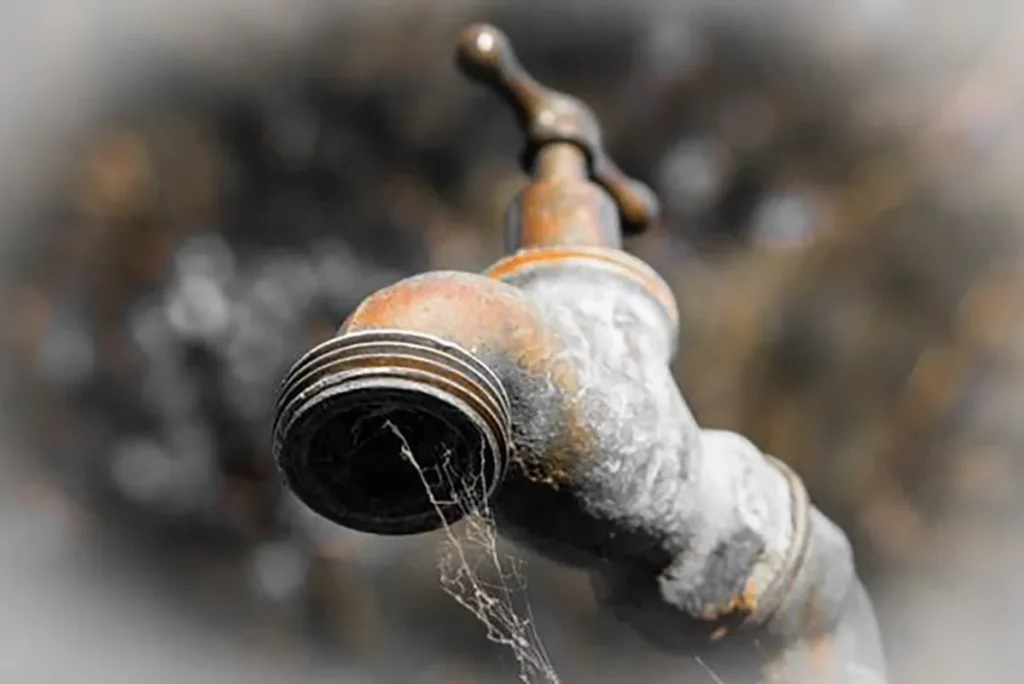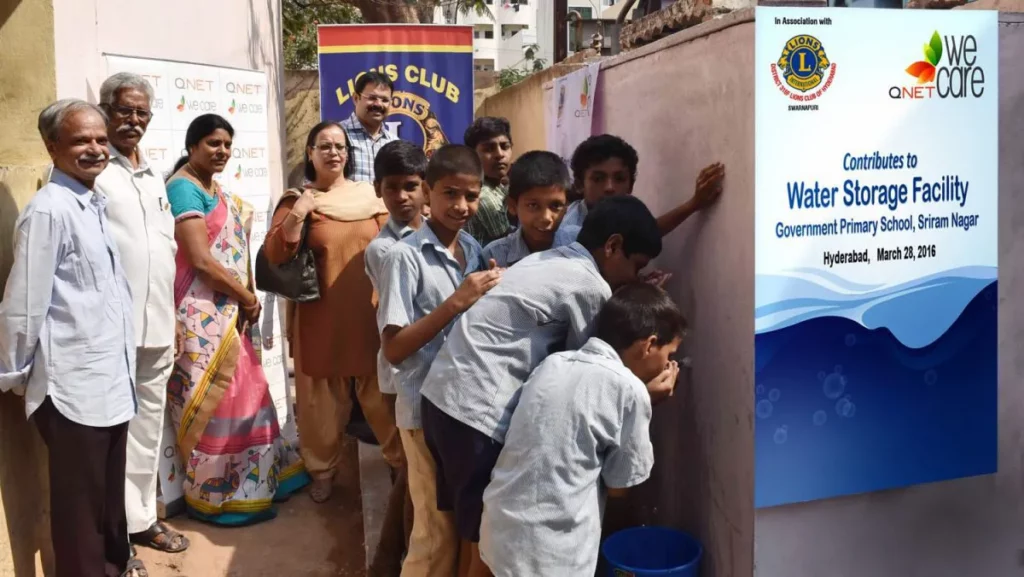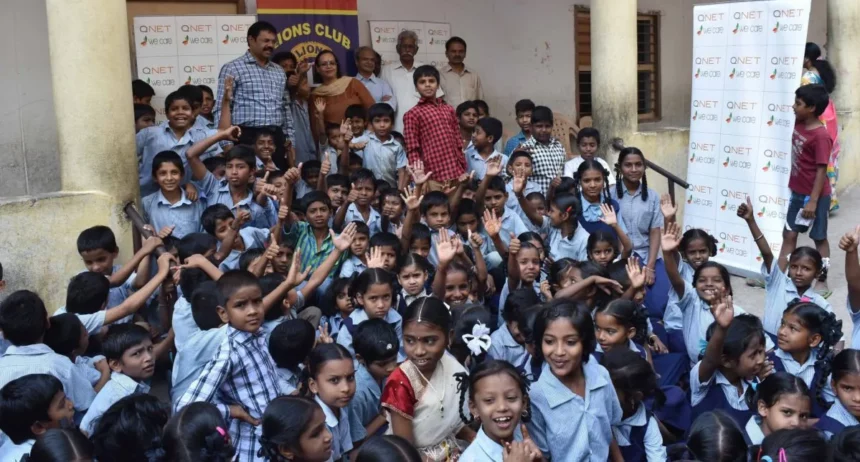Water is crucial to a child’s health. It hydrates, helps regulate body temperature, and helps prevent constipation and urinary tract infections – all without adding calories or sugar to the diet. When your child is thirsty, you hand her a glass of water. When she goes to school, she takes a water bottle with her. If she finishes the bottle, she can get a refill in the school. We take all this for granted.
A significant section of our society is dependent on government schools for upliftment of their younger generation from the deprivation they experience. A 2012 Study conducted by the Chetana Society titled
A significant section of our society is dependent on government schools for upliftment of their younger generation from the deprivation they experience. A 2012 Study conducted by the Chetana Society titled Joint Action for Water (JAW) on the status of water and sanitation facilities in government and municipal schools in Hyderabad found that many schools did not have access to continuous water supply and water storage.

The JAW Study states:
Many schools do not have proper toilets and related facilities, including access to continuous water supply and water storage. Wherever toilet facilities are available, there is some problem or other, which prevents full utilization of such facility. For example, even though toilets exist, water supply is not proper, or water supply is there, it is inadequate because of lack of water storage facilities.
School going children spend on an average, 800 to 1100 hours in a year in the classrooms (data from OECD) and another 100-150 hours, factoring in the break times and lunch time. This constitutes about 12% of their total time in a year. The school, is their home away from home during those hours and it is important that children have the basic facilities required for their biological and physiological needs in addition to the education they receive.
The Government of India’s Swachh Bharat: Swachh Vidyalaya campaign launched in 2014 driving ‘Clean India: Clean Schools’ is trying to ensure that every school in India has functioning and well-maintained water, sanitation and hygiene facilities. In line with this campaign, QNET partnered with the Lions Club of Hyderabad, Swarnapuri, Dist. 316 F, which identified the Government Primary School in Sriram Nagar in Hyderabad as one such school that was in dire need of water storage facilities. The school did not have a water supply connection and hence was unable to provide water to the children. This resulted in many students dropping out and caused a drop in attendance rates.
To mark World Water Day (March 22), under the company’s We Care umbrella, QNET has funded the construction of a water storage facility for the school, which will help deliver safe drinking water to more than 800 students. With the donation from QNET, the school was able to build an overhead tank, a pump for the water storage tank as well as plumbing for the school. At a small ceremony at the school on March 28, the new water storage facility was inaugurated and the visibly excited children took turns drinking water direct from the tap.

Quality of drinking water has a major impact on the health of a growing child. Without access to clean, safe water, a proper learning environment cannot be created. In addition to the impact on health, there are other ramifications. Since most children in government schools belong to low-income families, water availability at home is likely to be low. Without water in school, it is likely that parents might get dissuaded from sending their children to school.
In 2010, the UN General Assembly recognized safe drinking water and sanitation as a human right, meaning every person should have access to safe water and basic sanitation. Let’s do what we can to ensure that no child goes without access to this basic right.








